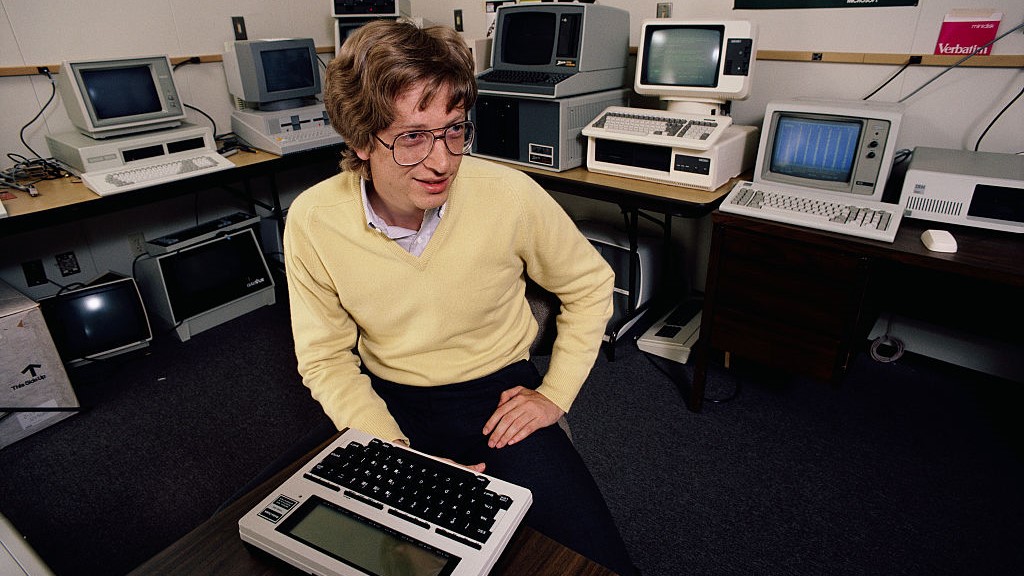Bill Gates has written a book about his childhood called, you guessed it, Source Code
He plans two further volumes, one about Microsoft and another about philanthropy.

Bill Gates, co-founder and former CEO of Microsoft and now one of the world's leading philanthropists, has announced the upcoming publication of a memoir focusing on his early years. Naturally titled Source Code, Gates tells the story of his childhood up to "my decision to leave college and start Microsoft with Paul Allen."
"I’ve been in the public eye since my early twenties," writes Gates, "but much of my life before then isn’t well known. Over the years, I’ve often been asked about my upbringing, my time at Harvard, and co-founding the company. Those questions made me realize that people might be interested in my journey and the factors that influenced it."
Penguin's blurb for the book, which can now be pre-ordered, says "Source Code is not about Microsoft or the Gates Foundation or the future of technology. It’s the human, personal story of how Bill Gates became who he is today: his childhood, his early passions and pursuits. It’s the story of his principled grandmother and ambitious parents, his first deep friendships and the sudden death of his best friend; of his struggles to fit in and his discovery of a world of coding and computers in the dawn of a new era; of embarking in his early teens on a path that took him from midnight escapades at a nearby computer center to his college dorm room, where he sparked a revolution that would change the world."
Gates and Microsoft have been written about many times—I'd recommend the now slightly old book Accidental Empires—but his earlier life is the kind of thing that's more mythologised than most. It's perhaps not surprising that Gates describes "feeling like a misfit as a kid", as well as the more typical experience of "butting heads with my parents as a rebellious teen", before one of the biggest decisions of his life: dropping out of one of the most prestigious colleges in the world "to make a bet on an industry that didn’t really exist yet." There's no word on whether he'll delve into his early obsession with Minesweeper.
Finally: "I reflect on the luck I had to be born to a great family in a time of historic technological change and optimism, and to come of age just as the personal computer revolution was taking off."
Source Code will be published in February 2025 by Penguin. Gates says he plans to write two more memoirs, "one about my work with Microsoft and one about philanthropy. But Source Code is my origin story, and I’m looking forward to sharing it."
The biggest gaming news, reviews and hardware deals
Keep up to date with the most important stories and the best deals, as picked by the PC Gamer team.

Rich is a games journalist with 15 years' experience, beginning his career on Edge magazine before working for a wide range of outlets, including Ars Technica, Eurogamer, GamesRadar+, Gamespot, the Guardian, IGN, the New Statesman, Polygon, and Vice. He was the editor of Kotaku UK, the UK arm of Kotaku, for three years before joining PC Gamer. He is the author of a Brief History of Video Games, a full history of the medium, which the Midwest Book Review described as "[a] must-read for serious minded game historians and curious video game connoisseurs alike."

